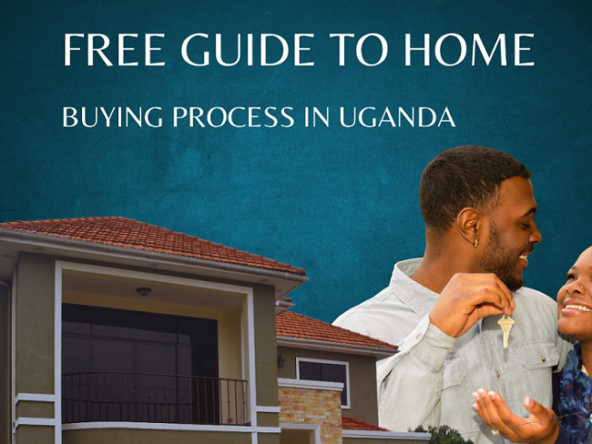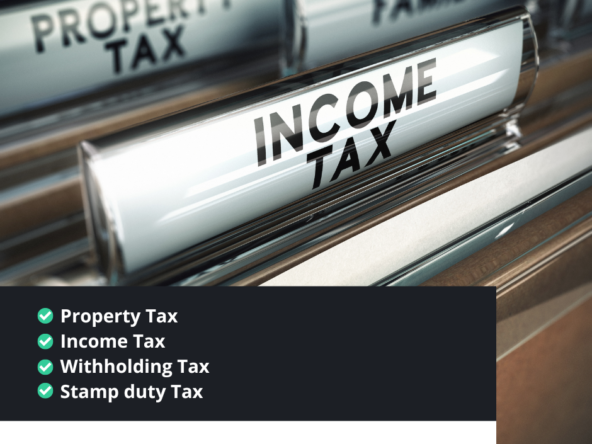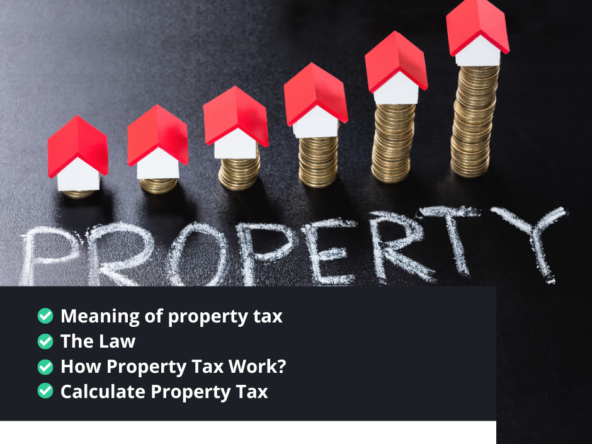MORTGAGE ACT, 2009.
An Act to consolidate the law relating to mortgages; to repeal and replace the Mortgage Act; to provide for the creation of mortgages; for the duties of mortgagors and mortgagees regarding mortgages; for mortgages of matrimonial homes; to make mortgages take effect only as security; to provide for priority, tacking, consolidation and variation of mortgages; to provide for suits by mortgagors; the discharge of mortgages; covenants, conditions implied in every mortgage; the remedies of mortgagors and mortgagees in respect of mortgages; for the power of court in respect of mortgages; and for related matters.
GENERAL.
- Power to create mortgages.
(1) A person holding land under any form of land tenure, may, by an instrument in the prescribed form, mortgage his or her interest in the land or a part of it to secure the payment of an existing or a future or a contingent debt or other money or money’s worth or the fulfilment of a condition.
(2) The power conferred by subsection (1) includes the power to create third party mortgages, second, subsequent mortgages and sub mortgages.
(3) The power conferred by this section shall be exercisable subject to any prohibition or limitation imposed by this Act, by any regulations made under this Act or by any written law; or any restriction contained in an instrument creating or affecting an interest in land which is to be the subject of a mortgage.
(4) A mortgage created under subsection (1) shall only take effect when registered.
(5) Notwithstanding subsection (4) an unregistered mortgage shall be enforceable between the parties.
(6) Where a second or subsequent mortgage is made by a mortgagor whose title is registered under the Registration of Titles Act, the second or subsequent mortgagee may, at his or her own expense, require the first mortgagee to produce any duplicate certificate of title which he or she may hold to the registrar so that the second or subsequent mortgage may be registered.
(7) Where a second or subsequent mortgage has been registered, the second or subsequent mortgagee shall return the duplicate certificate of title to the first mortgagee.
(8) Nothing in this section shall operate to prevent a borrower from offering and a lender from accepting—
(a) an informal mortgage; or
(b) a deposit of any of the following—
(i) a certificate of customary ownership;
(ii) a certificate of title issued under the Registration of Titles Act;
(iii) a lease agreement;
(iv) any other document which may be agreed upon evidencing a right to an interest in land; or
(v) any other documents which may be agreed upon,
to secure any payments which are referred to in subsection (1).
(9) A sum secured by a mortgage shall be deemed to be a civil debt recoverable summarily.
- Duty to disclose information.
(1) A mortgagee and mortgagor shall—
(a) act honestly and in good faith; and
(b) in particular, disclose all relevant information relating to the mortgage.
(2) A mortgagee or mortgagor who refuses, neglects or fails to disclose information relevant to a mortgage and which is in his or her possession commits an offence and is liable on conviction to a fine not less than 48 currency points but not exceeding 120 currency points or imprisonment not less than 24 months but not exceeding 60 months or both.
- Mortgage of matrimonial home.
(1) Notwithstanding section 39 of the Land Act, a mortgage of a matrimonial home, including mortgage on customary land of a matrimonial home is valid if—
(a) any document or form used in applying for the mortgage is signed by or there is evidence from the document that it has been assented to by the mortgagor and the spouse or spouses of the mortgagor living in that matrimonial home;
(b) any document or form used to grant the mortgage is signed by or there is evidence that it has been assented to by the mortgagor and the spouse or spouses of the mortgagor living in that matrimonial home.
(2) For the purposes of subsection (1)—
(a) an intending mortgagee shall take reasonable steps to ascertain whether an intending mortgagor is married and whether or not the property to be mortgaged is a matrimonial home;
(b) an intending mortgagor shall make full disclosure to the intending mortgagee as to his or her marital status and whether or not the property to be mortgaged comprises the matrimonial home.
(3) The mortgagee shall be deemed to have discharged the duty under subsection (2), if the mortgagee obtains a marriage certificate issued in accordance with the laws of Uganda, and in the absence of it, a statutory declaration from the spouse or spouses of the mortgagor as proof of marriage.
- Consent to mortgage of matrimonial home.
(1) Where a matrimonial home is the subject of an application for a mortgage, a mortgagee shall satisfy himself or herself that the consent of a spouse referred to in section 5 is an informed and genuine consent and that duty is deemed to have been complied with if—
(a) the mortgagee has—
(i) explained to the spouse or spouses of an applicant for a mortgage in the presence of an independent person, the terms and conditions of the mortgage which is being applied for; or
(ii) in writing, advised the applicant for a mortgage that he or she should ensure that his or her spouse or spouses receive independent advice on the terms and conditions of the mortgage which is being applied for; and
(b) the spouse or spouses, as the case may be, provide a signed and witnessed document to the effect that they have received independent advice on the mortgage which is being applied for and have understood and assented to the terms and conditions of the mortgage or that they have, notwithstanding the advice from the mortgagee, waived their right to take independent advice.
(2) In this section an “independent person” means any officer of the Government, a Justice of the peace, an advocate, a notary public, bank manager, a minister of any religion authorised to celebrate marriages, a medical practitioner and any other person authorised in that behalf by the Minister by statutory instrument.
(3) A mortgagee may take such other steps in addition to the steps set out in this section as he or she considers necessary and desirable to satisfy himself or herself that the assent of the spouse or spouses is informed and genuine.
(4) Where a person holds out to be providing independent advice as provided for under section 6(1)(a)(ii), such a person shall be liable on conviction to a fine not exceeding 120 currency points or to imprisonment not exceeding 60 months or both.
- Application of this Act to mortgages on customary land.
(1) The creation and operation of mortgages on customary land shall, subject to this Act, continue to be in accordance with the customary law applicable to the land in respect of which the mortgage on customary land is created.
(2) Where the mortgagee under a mortgage on customary land seeks to exercise any customary remedy which involves or may involve the mortgagor being dispossessed or permanently deprived of the occupation of the mortgaged land, the mortgagee shall, after using the services of the Mediator to try and mediate on the application of the proposed or any other remedy, make an application to the court for an order authorising the exercise of that remedy; and the court shall, in determining whether to authorise the exercise of that remedy, be guided by the provisions of sections 33.
(3) The mortgagor under a mortgage on customary land may, after making use of the services of the Mediator to try and mediate on the matter with the mortgagee, apply to a court for the mortgage to be reopened on the ground that the terms of the mortgage are—
(a) unconscionable; or
(b) an unreasonable departure from the normal terms of a mortgage on customary land applicable in the area where the land is located; or
(c) disadvantageous to the interests of the dependants of the mortgagor.
(4) In any case concerning a mortgage on customary land, the court determining the case shall, where it appears to the court that—
(a) the customary law applicable to that mortgage is inadequate; and
(b) no other system of customary law makes adequate or any provision for the matter in question,
be guided by the relevant provisions of this Act, the common law and the doctrines of equity.
(5) This section shall not apply to customary land which is owned by a community.
(6) In the case of customary land which is owned by a family, the land may only be mortgaged with the consent of the spouse or spouses and children of the mortgagor.
- Mortgage of land to take effect as security only.
(1) On and after the date of the commencement of this Act, a mortgage shall have effect as a security only and shall not operate as a transfer of any interest or right in the land from the mortgagor to the mortgagee; but the mortgagee shall have, subject to this Act, all the powers and remedies in case of default by the mortgagor and be subject to all the obligations conferred or implied in a transfer of an interest in land subject to redemption.





